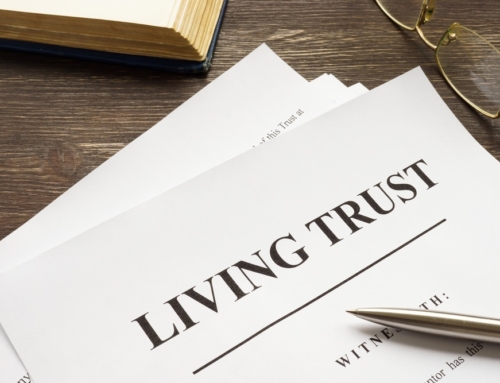Q: I’ve set up a living trust. Is it a good idea to keep my house out of my estate in order to keep safe from a legal judgment?
How can I ensure that I get a homestead exemption if I do this?
A: A living trust is a document that creates a separate entity to hold all of your assets. The trust holds the assets and, usually, until you die, the assets are managed by you as the sole trustee. In other words, while the ownership of the assets is in this trust you can manage the assets. Upon your death, the assets are still in the trust and a new trustee can manage the assets and can even sell them.
The general purpose of a living trust is to assist a person in avoiding probate. When people talk about avoiding probate, they are suggesting that you can avoid the cost of going to court and having the court approve the manner in which your assets will be distributed. They also mean that the assets that are in a living trust, including your house, would be kept out of your estate.
In some places the cost of probate can be quite high and the cost of setting up a living trust outweighs the cost of going to the probate court for distribution all of your assets. It is usually easier to transfer assets from your living trust to your loved ones after you die than to do transfer ownership through the probate court.
The living trust also allows someone else to step into your shoes as trustee in case you become incapacitated. Talk to your estate planner about how this would work for you.
On the other hand, a living trust is not a good mechanism to shelter assets from creditors. For the most part, most living trusts are set up with the owner as the beneficiary of the living trust as well as the trustee. If you are sued, the assets would still be considered part of your "estate." While for probate purposes the assets would be out of your estate, for litigation purposes they certainly would be up for grabs by the creditors.
If all you’re looking to do is shield your assets from creditors, there may be better tools available. with some of these, you may lose control over the assets. Your house, for example, might not be in your name, but you might have the right to live there until you die.
With respect to your ability to maintain the home as your homestead and obtain a "homestead exemption," many counties and municipalities allow you to hold the home in a living trust and still qualify for the so-called homestead exemption. However, if you no longer control the home or place the home in your childrens’ names, you may no longer qualify for the exemption.
In some areas, the homestead exemption will reduce your property taxes by quite a bit. but to qualify, the home must be your primary residence and you must own it.






Leave A Comment